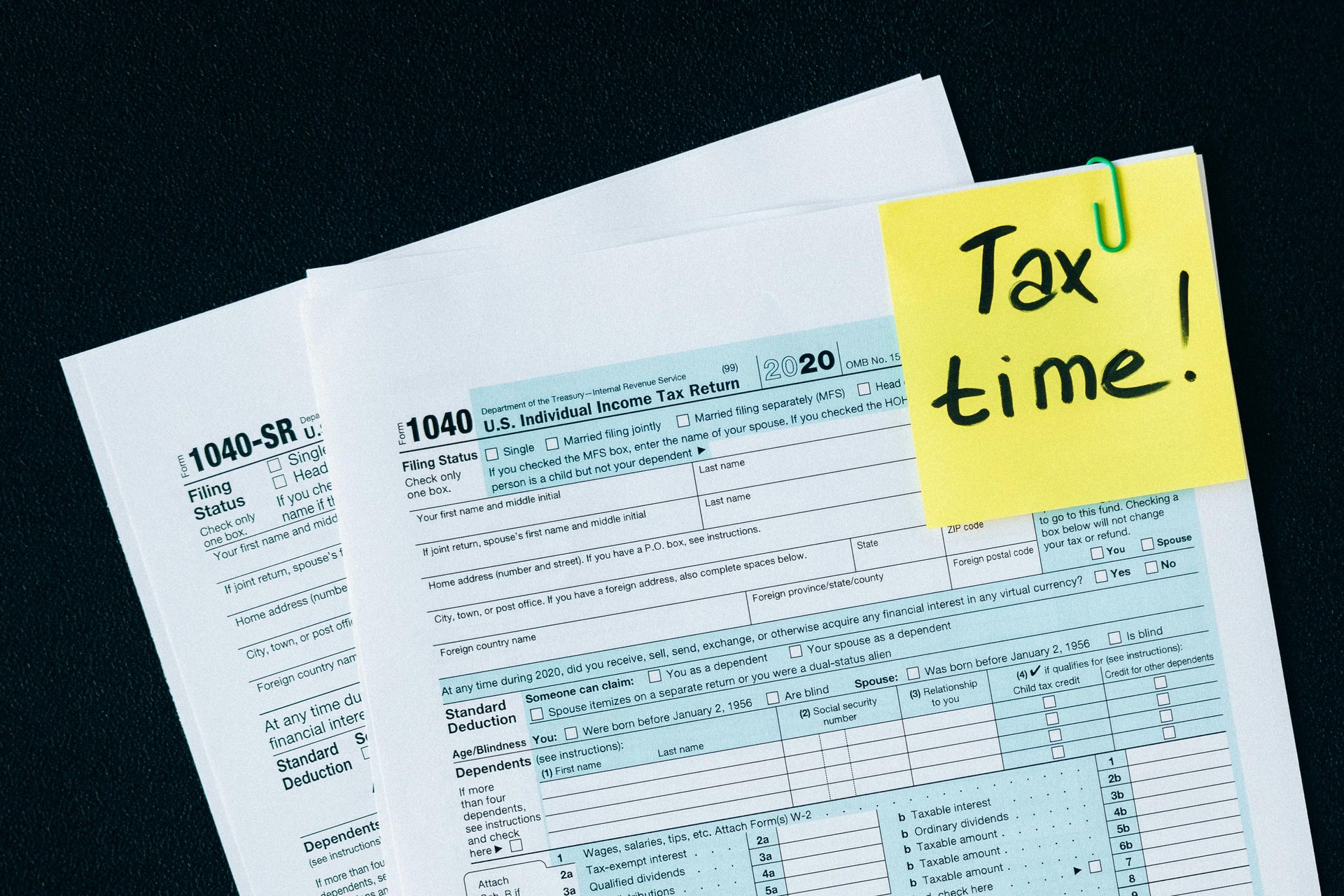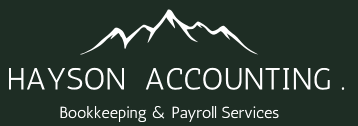Accountancy Services in Arundel
Hayson Accounting provides trusted accounting and bookkeeping services in Arundel and the surrounding areas of West Sussex. Our team helps individuals and businesses manage their finances with accurate bookkeeping, tax compliance, and clear financial reporting. Using secure cloud accounting tools, we make your financial information easy to access and manage, so you can focus on running your business confidently. For reliable accountants in Arundel, Hayson Accounting offers professional guidance and ongoing support.
A better way for your business
With our detailed financial reporting services, Hayson Accounting helps you track, analyze, and leverage your business data for growth and success. Let us help you take control of your financial future.
Timely & Accurate
We deliver accurate, on-time reports to keep you informed and ready to make quick decisions.
Actionable Insights
Our reports go beyond the numbers, providing actionable advice to help you improve business outcomes.
Clear & Understandable
We present complex financial data in simple, easy-to-understand for
Compliance & Best Practices
Our reports comply with current accounting standards and regulations, ensuring peace of mind.
A better way for your business
With our detailed financial reporting services, Hayson Accounting helps you track, analyze, and leverage your business data for growth and success. Let us help you take control of your financial future.
Timely & Accurate
We deliver accurate, on-time reports to keep you informed and ready to make quick decisions.
Actionable Insights
Our reports go beyond the numbers, providing actionable advice to help you improve business outcomes.
Clear & Understandable
We present complex financial data in simple, easy-to-understand for
Compliance & Best Practices
Our reports comply with current accounting standards and regulations, ensuring peace of mind.
Expert Accounting Services in West Sussex
Providing Comprehensive Financial Solutions
We specialize in delivering tailored accounting services to individuals and businesses across West Sussex. Our team of certified professionals are dedicated to helping you achieve your financial goals with precision and integrity. Whether you need assistance with tax preparation, bookkeeping, or financial planning, we are here to support you every step of the way.
Expert Accounting Services in West Sussex
Providing Comprehensive Financial Solutions
We specialize in delivering tailored accounting services to individuals and businesses across West Sussex. Our team of certified professionals are dedicated to helping you achieve your financial goals with precision and integrity. Whether you need assistance with tax preparation, bookkeeping, or financial planning, we are here to support you every step of the way.
Expert Accounting Services in West Sussex
Providing Comprehensive Financial Solutions
We specialize in delivering tailored accounting services to individuals and businesses across West Sussex. Our team of certified professionals are dedicated to helping you achieve your financial goals with precision and integrity. Whether you need assistance with tax preparation, bookkeeping, or financial planning, we are here to support you every step of the way.
FAQs
Here you’ll find answers to common inquiries about our services, processes, and how we can best support your accounting needs.
Do you offer tax filing services for corporations and sole proprietorships?
We do not directly offer tax filing services for corporations or sole proprietorships. However, we work closely with a trusted tax service provider to ensure a seamless and cost-efficient process for our clients. While we focus on delivering accurate and timely bookkeeping and year-end reconciliation, our partnered tax professionals handle the preparation and filing of your corporate or personal business tax returns. This collaboration ensures that all financial information flows smoothly, minimizing delays and helping you stay compliant with confidence.
What services do you offer as a Bookkeeper / CFO in West Sussex
We offer a comprehensive range of accounting services in West Sussex, including bookkeeping, financial reports, payroll services, QuickBooks Online setup and support, financial statement preparation, accounts payable and receivable management, budgeting and forecasting. Our team is equipped to support businesses of all sizes across various industries in Whistler and beyond.
Why should I choose your bookkeeping firm in West Sussex?
Our accounting firm in West Sussex is dedicated to providing personalized, expert services tailored to the unique needs of your business. With a focus on quality and client satisfaction, our experienced team employs the latest technology, such as QuickBooks Online and automated payroll systems, to deliver efficient and reliable financial solutions to companies across the province.
How can I ensure tax compliance for my business in West Sussex?
Staying compliant with tax regulations can be challenging, but partnering with a knowledgeable accountant near you can make it easier. Our firm offers dedicated tax compliance services that involve thorough preparation and timely filings, ensuring your business adheres to all legal requirements and takes advantage of available deductions.
Do you provide customized financial reporting solutions for businesses in Brighton?
Yes, we offer customized financial reporting solutions to cater to businesses in Brighton and throughout West Sussex. Our accountants will work closely with you to develop tailored reports and key performance indicators (KPIs) that provide valuable insights into your business's financial health, helping you make informed decisions for future growth.
What types of financial statements do you prepare for businesses in Brighton?
We prepare a variety of financial statements tailored to your business needs, including balance sheets, income statements, and cash flow statements. Our accounting firm in Whistler focuses on delivering clear and insightful financial reports that enable you to assess your business’s performance and make data-driven decisions.
Recent news & trends
Latest updates from the industry









Serving Businesses Across West Sussex
We proudly offer our bookkeeping services to restaurants and businesses throughout West Sussex, including Brighton, Hove, Worthing, Shoreham-By-sea and beyond. Whether you're in the hospitality industry or another sector, we’re here to support your business with efficient financial record management.
Serving Businesses Across West Sussex
We proudly offer our bookkeeping services to restaurants and businesses throughout West Sussex, including Brighton, Hove, Worthing, Shoreham-By-sea and beyond. Whether you're in the hospitality industry or another sector, we’re here to support your business with efficient financial record management.


